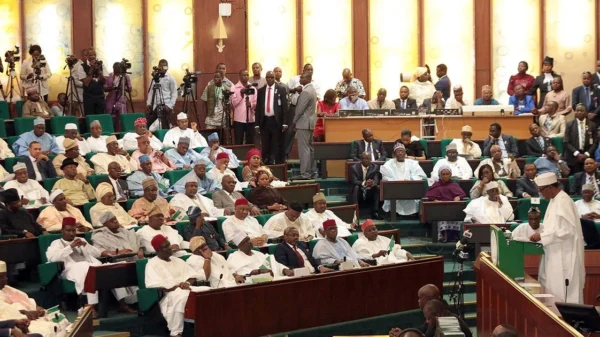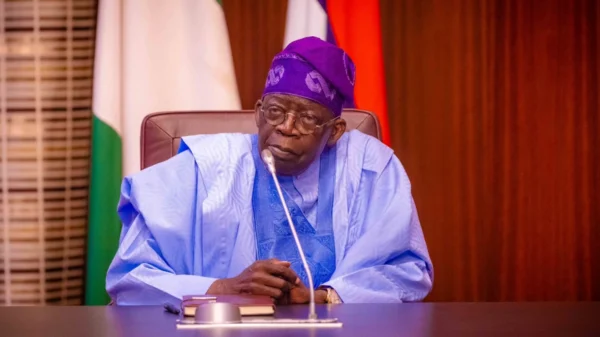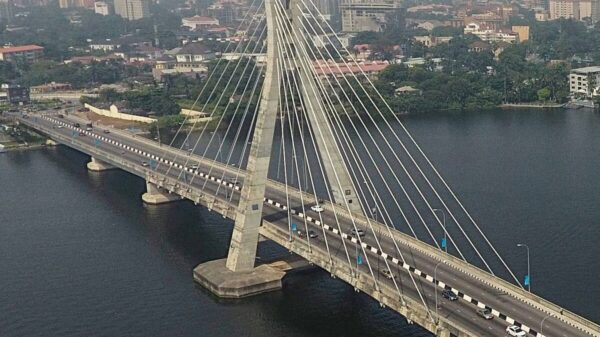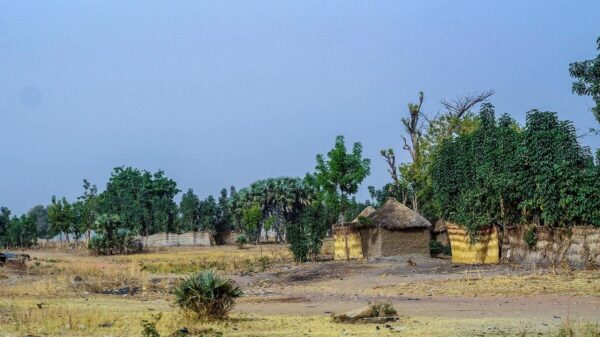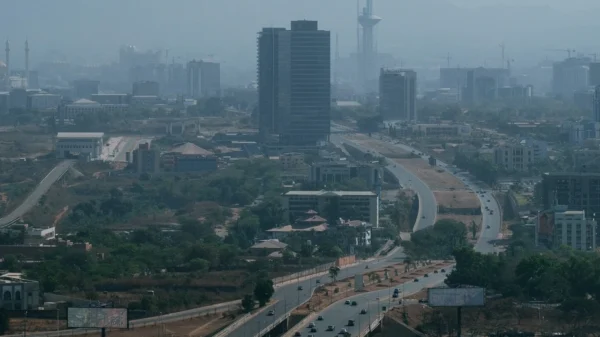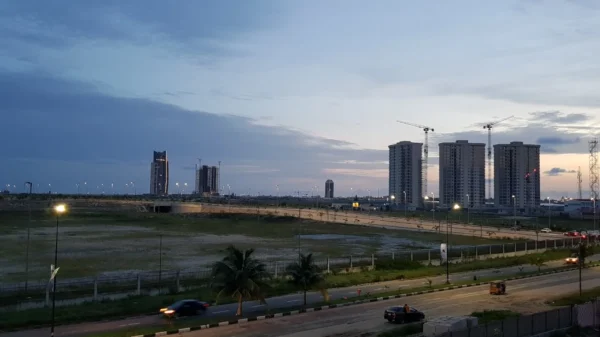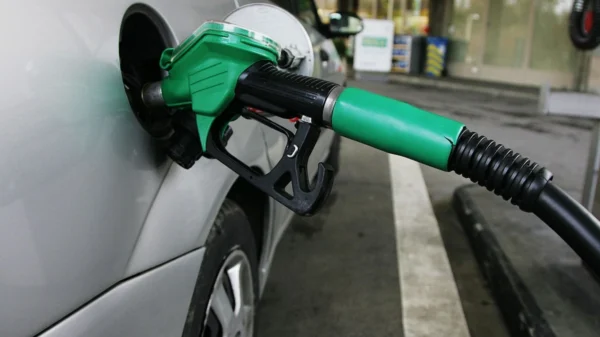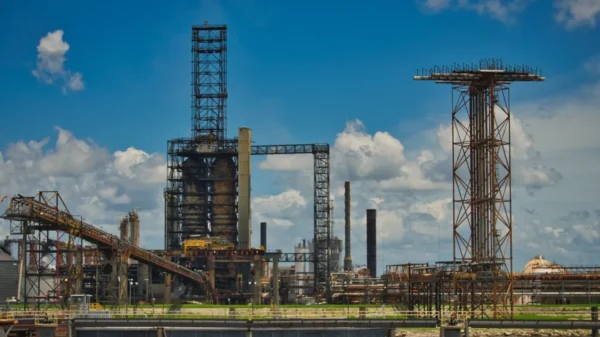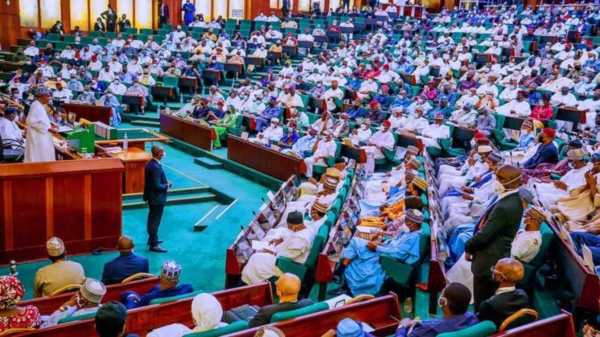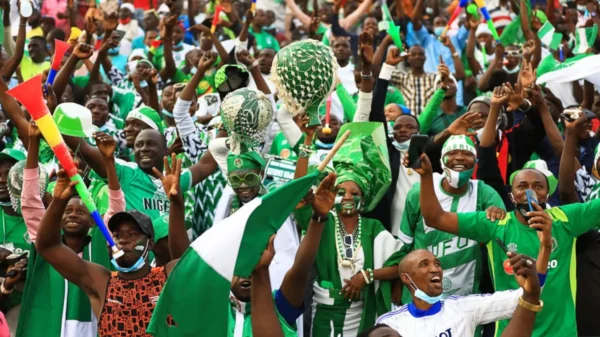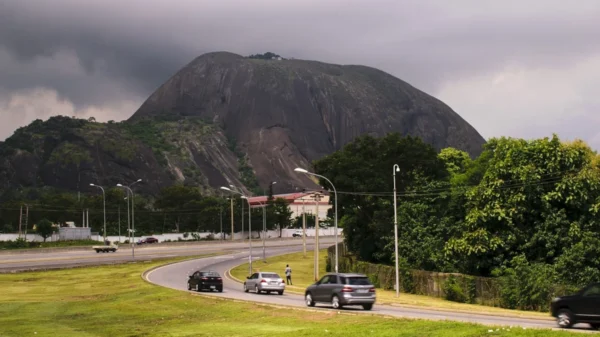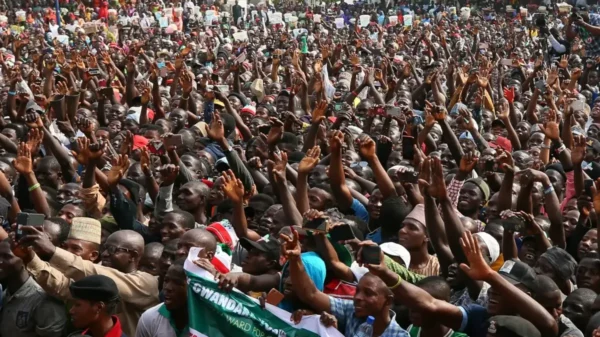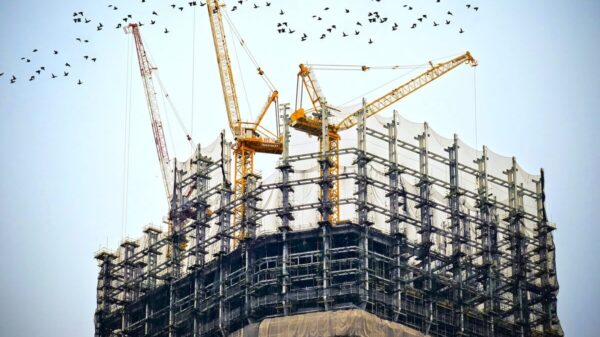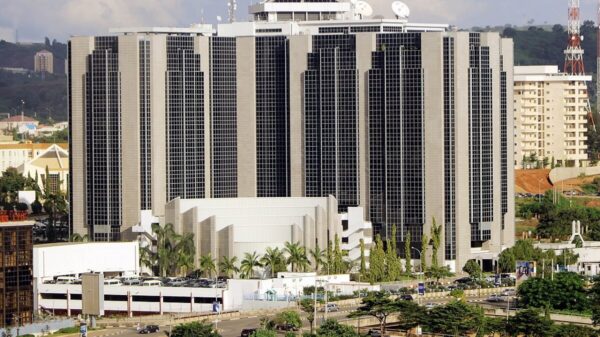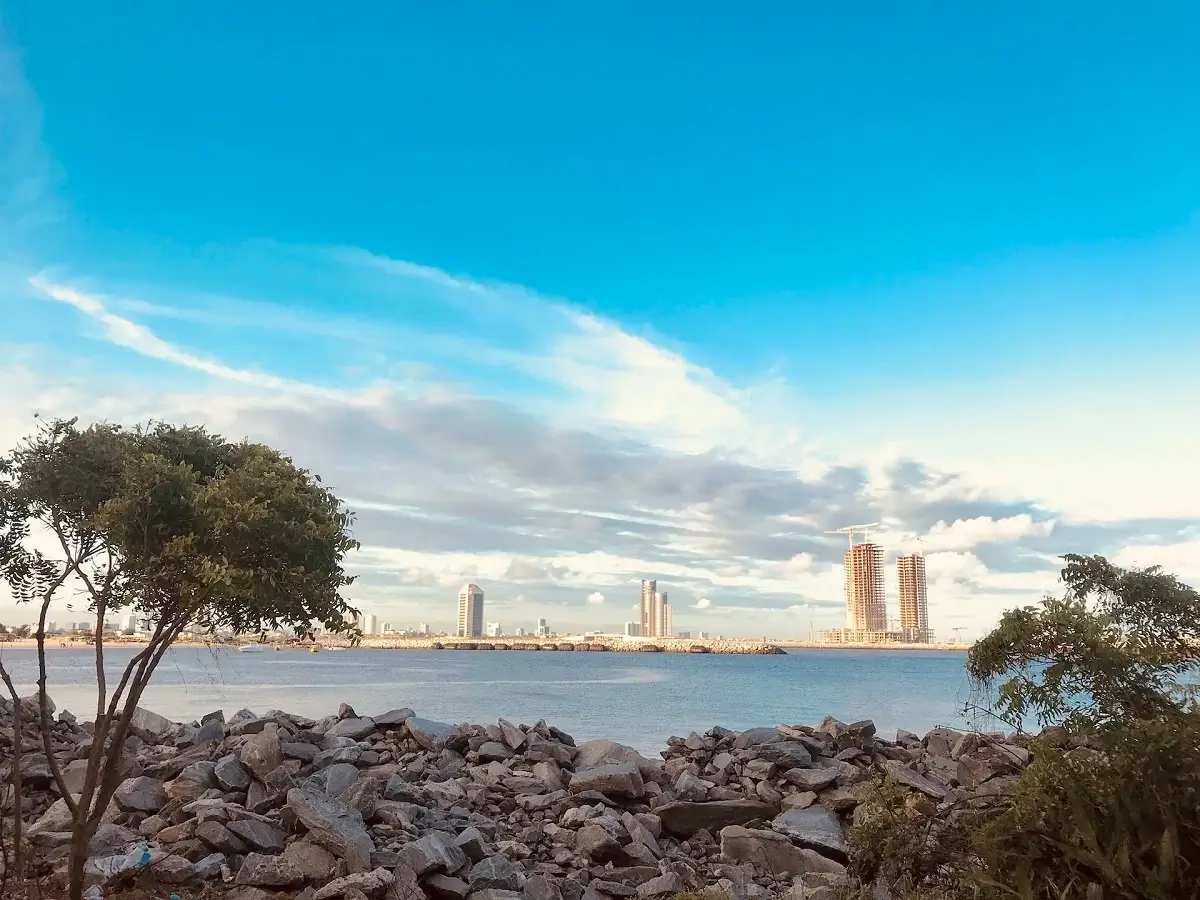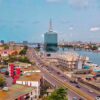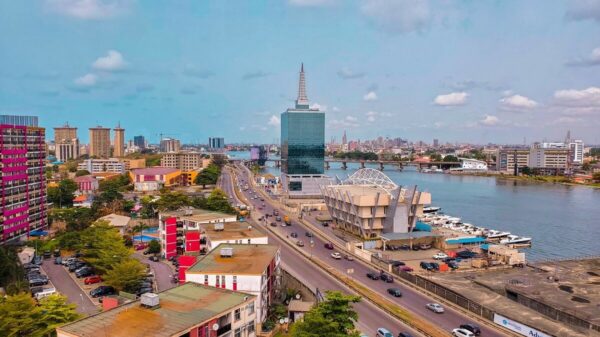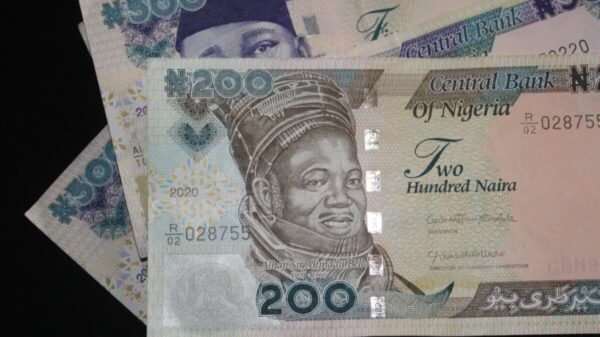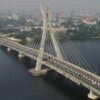Major Takeaways
- Looking to move away from Lagos? The Federal Capital Territory (technically not a state), Ogun, Osun, Delta and Rivers are equally good places to live in.
- Looking to start a business? Ogun State is a manufacturing hub; the FCT has a population rivaling Lagos in wealth; and Rivers has more companies per capita than every other state aside Lagos and the FCT.
Lagos is Nigeria’s flagship state. Despite being the smallest geographically, it accounts for roughly 13% of Nigeria’s population, 30% of its GDP, and up to 59% of its manufacturing output. Its economy outperforms at least 45 African countries, and it has the highest literacy rate in Nigeria (92%). The state doesn’t lack for innovation either, boasting 425 of the 481 tech startups that have gone through public fundraising rounds in the country since 2015.
There are very few noteworthy metrics where Lagos state can’t be found in Nigeria’s top 5. What makes Lagos Nigeria’s leading state? Why do so many choose to live there, and why does it reign supreme as a commercial hub?
What makes a competitive state?
Lagos is Nigeria’s leading state because it is the most competitive. But what does it mean for a state to be “competitive”?
“The competitiveness of cities refers to the ability of an urban region or cities to produce and market a set of products (goods and services) that represent good value (not necessarily lowest price) in relation to comparable products of other urban regions.”
(Modified based on Webster, D., and L. Muller. 2000. Urban Competitiveness Assessment in Developing Country Urban Regions: The Road Forward. Washington, DC: World Bank.)
A competitive state must enable business environments, possess resources and human capital, have good infrastructure and be generally safe for business with a high consumer market. Competitive states are good at attracting investment and creating jobs that help reduce poverty and unemployment. Competitiveness covers everything from the quality of life to social systems, public services, and access to natural resources and skills.
So, we can figure out how well a state is doing by looking at how competitive it is. Since competitiveness is a complicated and encompassing measure, we can use a breakdown of the OECD’s criteria, to identify 8 key metrics to make our state comparisons easier. These metrics have varying importance to the competitiveness of a state, so we have defined a weighted score (0-1) to reward economic success and punish poverty, illiteracy, and unemployment.
Which states lead the way?
Lagos.
No surprise there. Using data obtained from the National Bureau of Statistics, Lagos tops the list in multiple metrics. The state ranks first by IHDI and literacy; second by GNI index; and third by MPI. However, Lagos is average in all other metrics except for reported crimes, where it proved to be the worst. Perhaps Lagosians are just more likely to report crimes than any other state?
But enough about Lagos. What other states come close?
Most competitive states in Nigeria
Image Source: Competitive States Project by @fkajose on GitHub
1. Federal Capital Territory (FCT)
Established in 1976, the Federal Capital Territory is not a state but a region under the administration of the Federal Government. Yet, FCT gives Lagos a run for its money in multiple metrics. Going by per capita gross national income, FCT edges out Lagos, but falls short in terms of internally generated revenue. The populace is just as wealthy (if not more so) and has a higher quality of life than residents of Lagos state. Although the Federal Capital Territory has more accidents relative to its population size, that does not indicate poor road quality. In fact, FCT has one of the best road networks in the country and has mostly removed the traffic problems that plague Lagos. However, literacy, unemployment, and MPI are poorer in the FCT, indicating higher inequality. The Federal Capital Territory comes closest to Lagos, but is a more expensive place to live in.
2. Ogun State
Though not as wealthy as either Lagos or FCT, Ogun State is itself a worthy contender, ranking fourth by IGR per capita. The state is well-endowed with natural resources, has more universities than any other state, and has a low unemployment rate thanks to the state’s continued investment in developing industrial estates. This has made Ogun State a major manufacturing hub, responsible for 27% of manufactured goods in Nigeria. Ogun state is, however, famous for having bad roads—an issue the government hopes to address soon.
3. Osun State
Osun doesn’t often make the list of best states in Nigeria, but adjusting for poverty and inequality brings it to the top of the list. This state has a literacy rate of 80%, and has the third-highest number of universities in the country, showing the state’s commitment to an educated populace. It also has the lowest unemployment, and the lowest MPI in the country. The food price index is also lower, meaning food is cheaper here than in Lagos. Human capital is one of the most important metrics for competitiveness, and Osun has all the hallmarks of a competitive state.
4. Delta State
Delta, home to the acclaimed city of Warri, has the fifth-largest GDP in the country. It ranks fourth by per capita gross national income and fifth by IGR per capita. The state has a lower unemployment rate compared to Lagos too. Delta’s economy has grown by 51% in the last 6 years, with attempts to diversify the state’s income outside of oil. The state also comes in second on a count of universities, beating Osun State by just one university. However, it has a lower literacy rate and food is more expensive.
5. Rivers State
Surpassed only by Lagos State, Rivers state has one of the most impressive economies in the country. The state has topped BudgIT’s yearly fiscal performance review for two years running and has the second-largest economy in Nigeria. It ranks fourth by IGR per capita, and only in Lagos and FCT are there more companies relative to population size. The state is however very expensive to live in and is in the top 10 states when ranked by unemployment.
Honorable Mentions
Adamawa (North East), Kano (North West), and Enugu (South East) are the leading states in their geopolitical zones, but only Enugu made it to the top 10. Cross River, Bayelsa, Edo, Abia, Anambra, and Akwa Ibom all rank highly in quality of life metrics (IHDI) but are brought down by poverty (MPI) and high unemployment (40-50%). Despite the population, Kano ranks poorly in most metrics, especially as regards poverty and education. Kaduna shares a similar fate, but has seen some growth in recent years. You can explore the data and methodology here.
Farook is a data scientist and writer passionate about generating insights to Nigerian issues.


